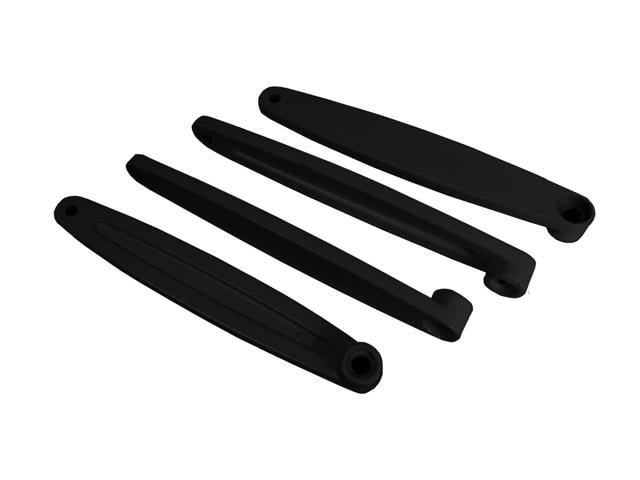The intestine is among the leading organs, in which several cutting edge in vitro and in vivo research tools and approaches have recently been developed and used to investigate stem cell biology/function, and the potential applications of stem cells in the treatment of intestinal diseases. These cutting-edge research tools and approaches involve human and murine organoid cultures, genetic editing in vitro and in vivo, human induced pluripotent cell (iPS cell) models of disease, haploid cells for genetic as well as compound screening paradigms, genetically engineered mice, and stem cell transplantation to cure diseases.
Stem Cell Innovation in Health and Disease: Volume 1: The Intestinecontains two major sections describing cutting edge research for understanding stem cell functions in the intestine, and for developing methods to bring stem cells from bench to bedside; respectively. Each section includes insights ranging from using mouse and human organoid cultures, genetic editing in vitro and in vivo, and human induced pluripotent cells (iPSCs) to study stem cell functions and model intestinal diseases, through the cutting-edge research, including the potential application of iPSCs, ESCs and blood stem cells (stem cell transplants) in the treatment of intestinal diseases/disorders. This volume, therefore, discusses the fact-based promise of stem cells and regenerative medicine in the intestine in the real world.
- Provides intensive scientific background and most recent information on cutting edge research to understand intestinal stem cell functions and develop methods to bring stem cells from bench to bedside for different intestinal diseases
- Analyzes the current state, opportunities, and challenges of innovative technologies and stem cells from bench to bed, including organoids and the CRISPR gene editing system in the intestine
- Contains two major sections describing cutting-edge research for understanding stem cell functions and for developing methods specific to the intestine















